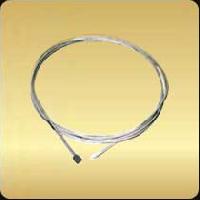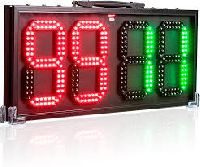Listing ID #3863328
Company Information
Ask for more detail from the seller
Contact SupplierApplying color patterns and designs to fabrics has been done since 5000 BC (Egyptian findings) and continues to be popular today for textiles of all sorts. It is, however, one of the most complex textile operations because of the many variables and the need for precision.
Printing is carried out after the dyeing or pre-treatment of the fabric. Dyes or pigments are applied locally to produce the artistic arrangement of various motifs in one or several colors. To ensure that the dyes stay separate from one another and remain fast to the fabric, a strong bonding is formed between dyes and fabric.
There are two main types of printing on fabrics, all-over rotary printing on both woven and knitted fabrics and screen printing.
Rotary printing is used when large quantities of fabric need to be printed with the same design (ex: sheets and other home linens, large runs of garment fabrics…). This method produces more unified, homogenous effects in the printing, as compared to screen printing. A large cylinder applies a dye paste to the fabric, which has been introduced between the engraved rollers, thus reproducing the desired design. This process is the most appealing for printing designer and fashion fabrics because of the high quality that can be achieved.
Screen printing is a very popular technology in use today for producing placed prints on fabric. This method involves a porous mesh stretched tightly over a frame. Proper tension is essential for accurate color registration. A stencil on the screen defines the image to be printed in each color.
RCM's in-house screen printing unit prints thousands of T-shirts on a daily basis, as well as motifs on babywear, home textiles, promotional items and other garments.



